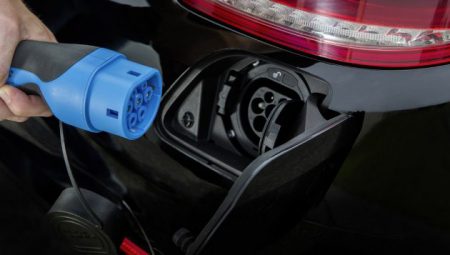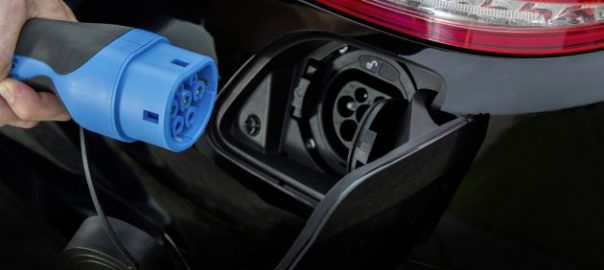A proposed diesel car scrappage scheme would have very little effect on air quality – unless implemented on a huge scale – and instead support should be given to electric vehicles, according to analysis by the RAC Foundation.

The idea, proposed by think tank Policy Exchange last month, suggested that a scrappage scheme be set up for drivers of older, more polluting diesel cars, in a similar fashion to the 2009/10’s vehicle scrappage scheme. This would give owners an incentive – previously around £2,000 off the price of a new car – to have their highly polluting vehicle taken off the road to benefit air quality.
The RAC Foundation has found that around 1.9 million older diesel cars are on UK roads, fitting into Euro standard categories 1, 2 and 3. Currently, all new cars sold have to be certified to Euro 6 standards.
These older models account for 17 per cent of all diesel cars on the road – more than 11 million in total – and are responsible for 15 per cent of total NOx emissions from diesel cars says the RAC Foundation.
Analysts went on to calculate the benefits of such a scheme if, as would be expected, it ran along the same lines as the vehicle scrappage scheme around seven years ago.
Around 400,000 old diesel cars would be taken off the UK’s roads, at a cost of around £800 million should the government and manufacturers each contribute £1,000 for the incentive for customers to buy a new model.
If every one of those cars was replaced with a zero-emission vehicle, the annual cut in NOx emissions from the diesel fleet would be about 4,900 tonnes, or 3.2 per cent of total emissions from diesel cars.
Should the 400,000 models scrapped be replaced with new Euro 6 diesels, that saving would drop to 2,000 tonnes NOx per year at 1.3 per cent of the total, accounting for drivers covering the same mileage as with their old diesel car.
Read more: Next Green Car
